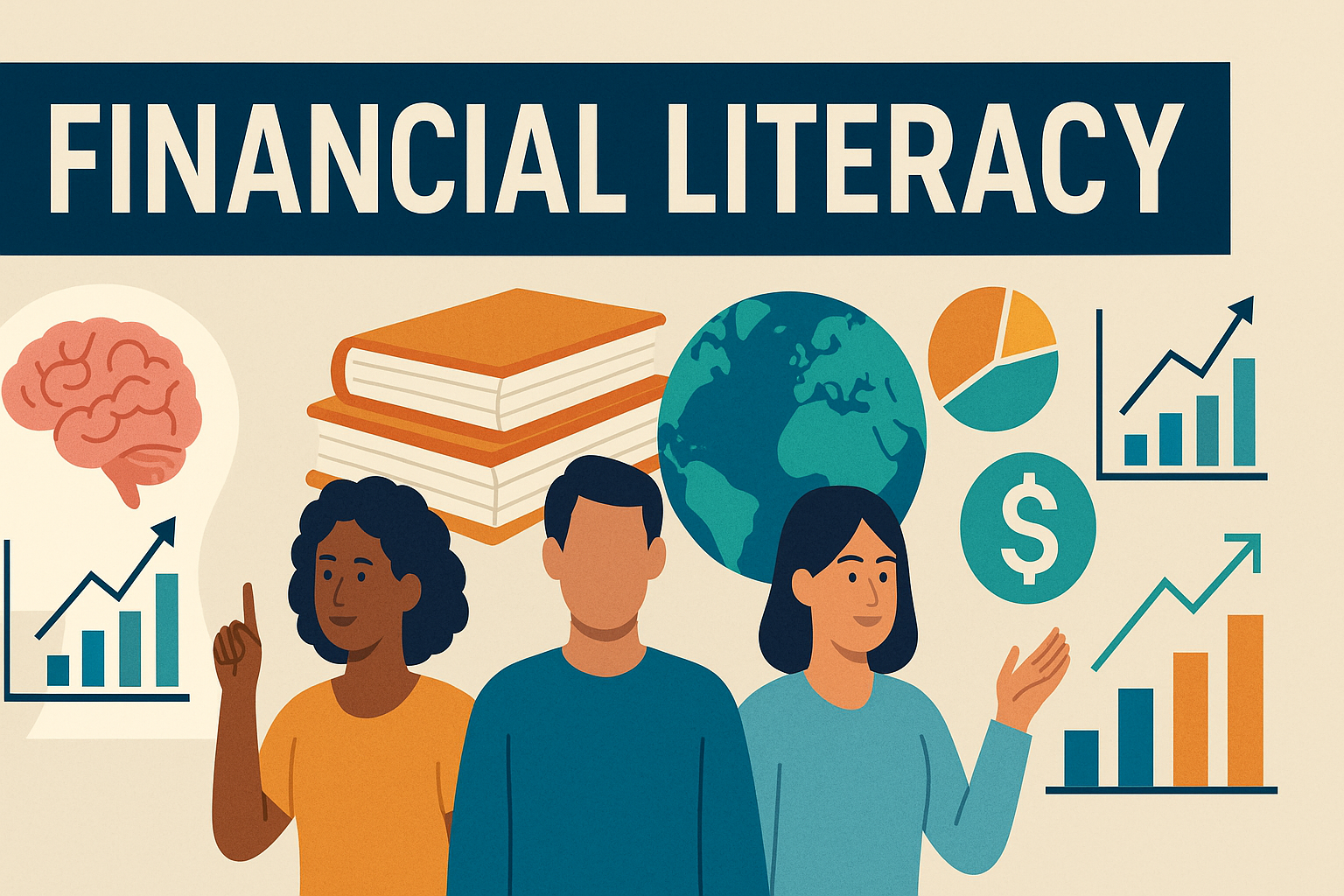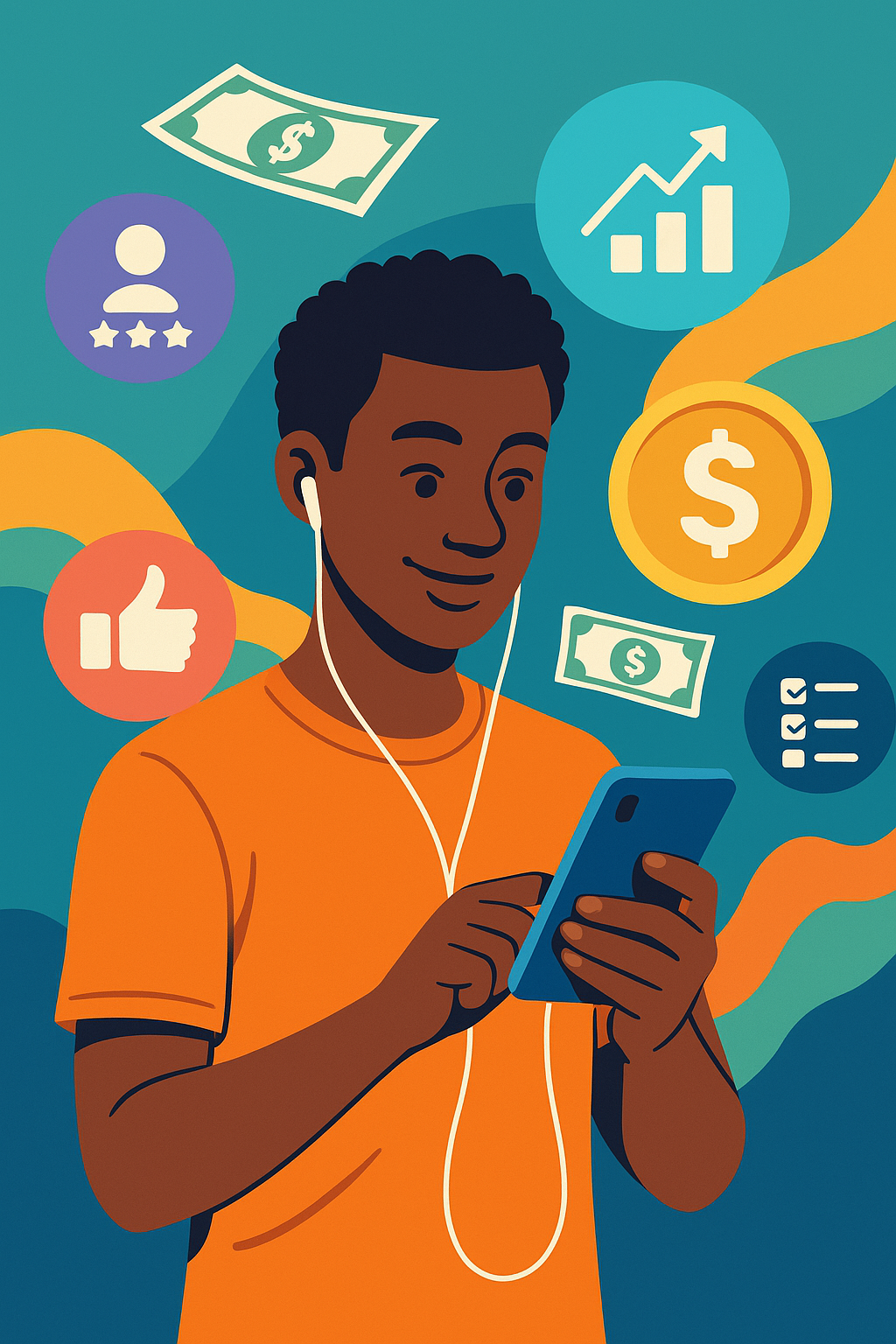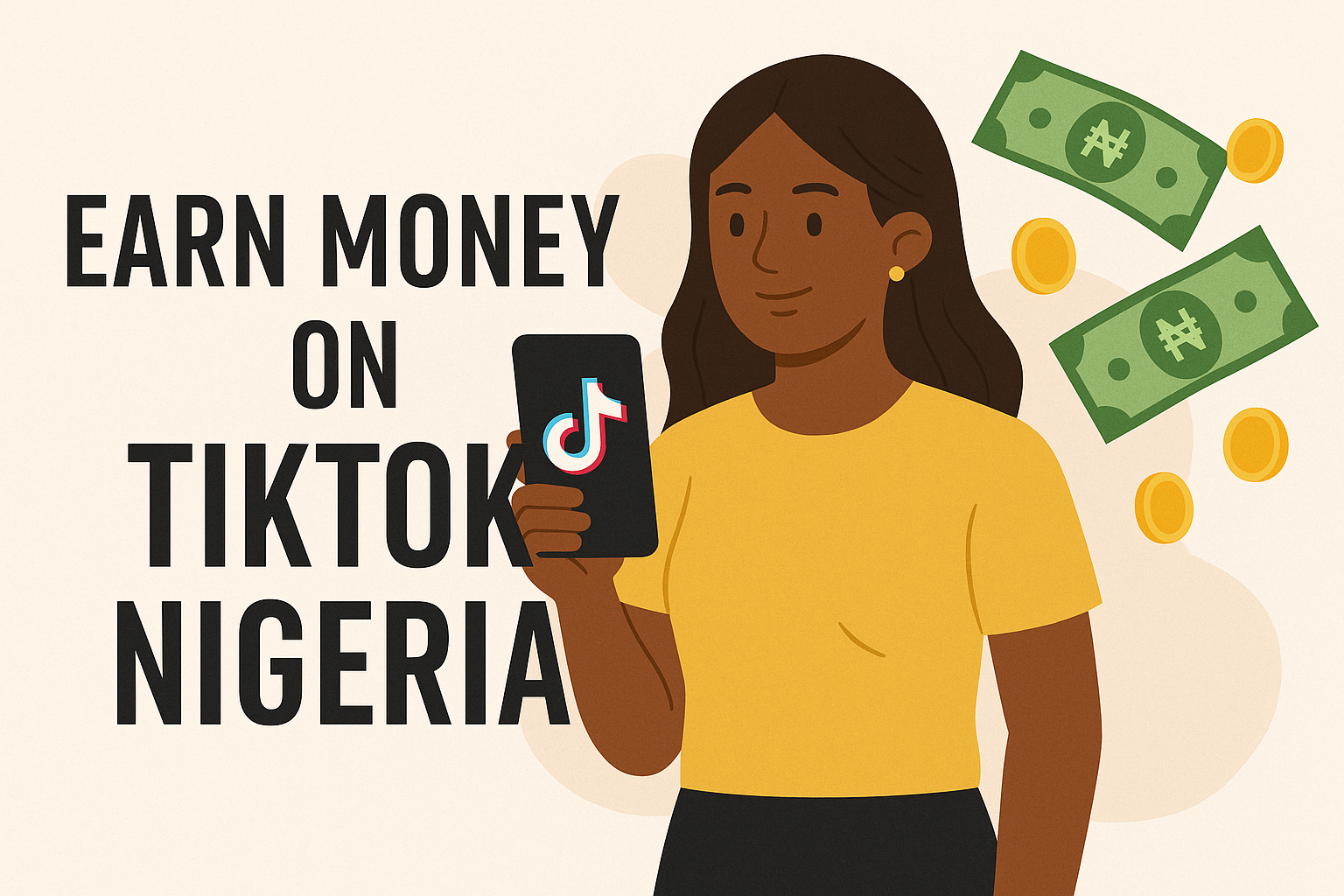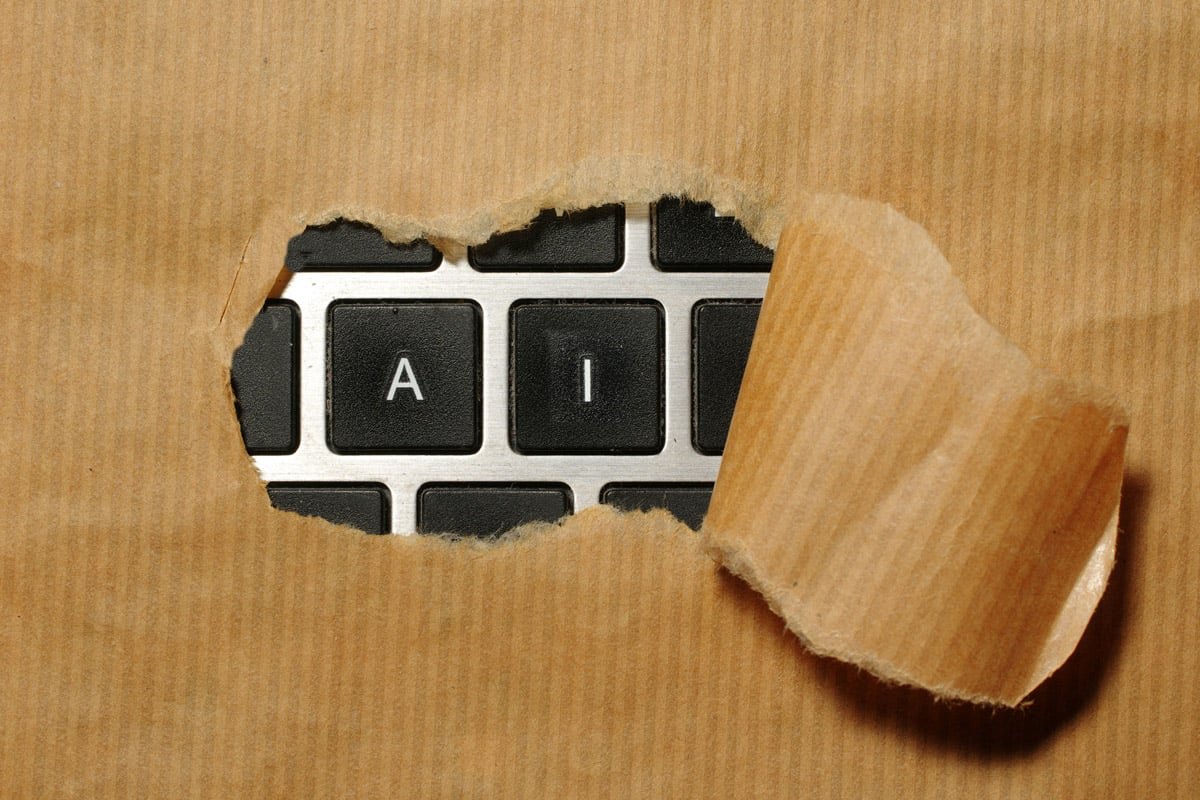The dollar-to-naira exchange rate is one of the biggest financial worries for Nigerians today. As the naira continues to lose value, families and businesses alike are left scrambling to preserve their savings. What once seemed affordable yesterday becomes unaffordable today. This reality has pushed many Nigerians to look for ways to protect their income and savings by holding value in dollars.
The good news? There are practical and safe methods available right now that can help Nigerians save in dollars. In this article, we’ll explore the best apps, accounts, and strategies to help secure your money and reduce the stress of a weakening currency.
Why Nigerians Need to Save in Dollars
The naira has been under constant pressure for years, with inflation eating away at its purchasing power. From the rising cost of food and fuel to skyrocketing rent and tuition fees, everyday expenses are increasingly tied to the dollar.
For families paying school fees abroad, or for businesses importing goods, saving only in naira can be risky. A sudden jump in the exchange rate could wipe out months of planning. Holding part of your savings in dollars is a way to hedge against these uncertainties.
By diversifying savings, Nigerians can ensure that their money holds value over time, no matter how the naira performs.
Dollar Savings Apps and Platforms in Nigeria
Technology has made dollar savings easier than ever. Several fintech apps now allow Nigerians to store and invest in dollars directly from their smartphones.
- Bamboo: Offers access to U.S. stocks and ETFs while also letting users hold money in dollars.
- Trove: Provides Nigerians with opportunities to invest in U.S. and global markets.
- Grey: Allows users to open virtual dollar accounts to receive money from abroad and save directly in foreign currency.
- Payday: Known for its dollar cards and virtual accounts, Payday makes global transactions simple.
These apps are widely used by freelancers, students, and entrepreneurs who want to protect their income from naira depreciation.
YOU NEED TO STAY IN TRACK WITH NAIRA TO DOLLER RATE >>> check our dollar to naira rate converter tool
Using Domiciliary Accounts
Beyond apps, traditional banks in Nigeria also offer domiciliary accounts. These accounts allow customers to save, receive, and withdraw in foreign currencies like USD, GBP, or EUR.
To open one, you’ll need a Nigerian bank account, proof of identification, and in some cases, referees. The benefit of a domiciliary account is the ability to perform international transfers and deposits. However, it can be less flexible compared to fintech apps and sometimes comes with high fees.
Still, for those who want a traditional and secure method, domiciliary accounts remain a solid option.
Dollar Cards and Virtual Accounts
Virtual dollar cards are another reliable way Nigerians can manage and save in foreign currency. These cards allow you to pay for services like Netflix, Spotify, Amazon, or even online courses without worrying about sudden exchange rate fluctuations.
Platforms such as Payday and Chipper Cash provide dollar cards that are accepted internationally. They are especially useful for Nigerians who freelance for international clients and need to spend directly in dollars.
Risks of Dollar Savings and How to Avoid Them
While dollar savings are a smart move, they come with risks if not managed carefully. Some apps may not be fully licensed, creating risks of fraud. There are also regulatory issues from the Central Bank of Nigeria that can affect how funds move.
To protect yourself:
- Only use trusted apps with proper licenses.
- Start small and test withdrawal options before depositing large amounts.
- Keep backup savings in secure accounts.
With the right precautions, Nigerians can safely manage dollar savings without fear of losing funds.
Diversifying Dollar Savings with Investments
Saving in dollars is good, but investing in dollar-based assets is even better. Platforms like Bamboo and Trove allow Nigerians to buy shares in U.S. companies, ETFs, and other global instruments. This not only stores money in dollars but also helps it grow.
Other dollar-based investment options include:
- Real Estate: Property investments denominated in dollars retain value better.
- Dollar Bonds: Some Nigerian institutions and governments issue dollar-denominated bonds.
- Mutual Funds: Dollar-based funds provide safer exposure to international markets.
Diversifying ensures your money is not just sitting idle but growing with time.
How Small Income Earners Can Start
One of the misconceptions about dollar savings is that you need large sums of money. In reality, apps like PiggyVest and Grey allow users to start with as little as ₦1,000.
By setting aside small amounts weekly or monthly, Nigerians can build up meaningful dollar savings over time. Automated savings features make it easier to stay disciplined.
The important thing is to start small and stay consistent.
Case Studies – Nigerians Winning with Dollar Savings
- A student saving for tuition abroad: By using Grey to collect payments in dollars, this student managed to save for school fees without worrying about naira volatility.
- A small business owner: By holding a portion of profits in a domiciliary account, this entrepreneur was able to pay for imports without sudden losses.
- A freelancer: Using Fiverr and Upwork to earn directly in dollars, this freelancer secured income against local inflation and easily withdrew to a dollar card.
These examples prove that anyone, regardless of profession, can benefit from dollar savings.
Closing Paragraph
The dollar-to-naira struggle is real, but Nigerians are not powerless. With the right tools—apps like Bamboo, Trove, Grey, and Payday, or traditional domiciliary accounts—anyone can start saving in dollars today. Whether you’re a student, freelancer, or business owner, protecting your savings in dollars helps secure your future against naira instability. Don’t wait until the exchange rate rises further—start small, start now.
FAQ Section
1. What is the safest way to save dollars in Nigeria?
Trusted apps like Bamboo and Grey, or domiciliary accounts from major banks, are considered safest.
2. Do I need a domiciliary account to save in dollars?
Not necessarily. Apps like Grey and Payday provide virtual dollar accounts without the paperwork of banks.
3. Which apps allow Nigerians to hold money in dollars?
Bamboo, Trove, Grey, and Payday all allow users to store and manage dollar balances.
4. How much can I start with to save in dollars?
You can start with as little as ₦1,000 on some apps. The key is consistency.
5. Can Nigerians withdraw dollar savings directly to local banks?
Yes. Many platforms allow withdrawals in dollars or conversion to naira for deposit into Nigerian bank accounts.












Loading comments...
Leave a Comment(Login required)